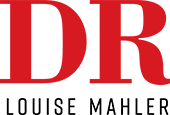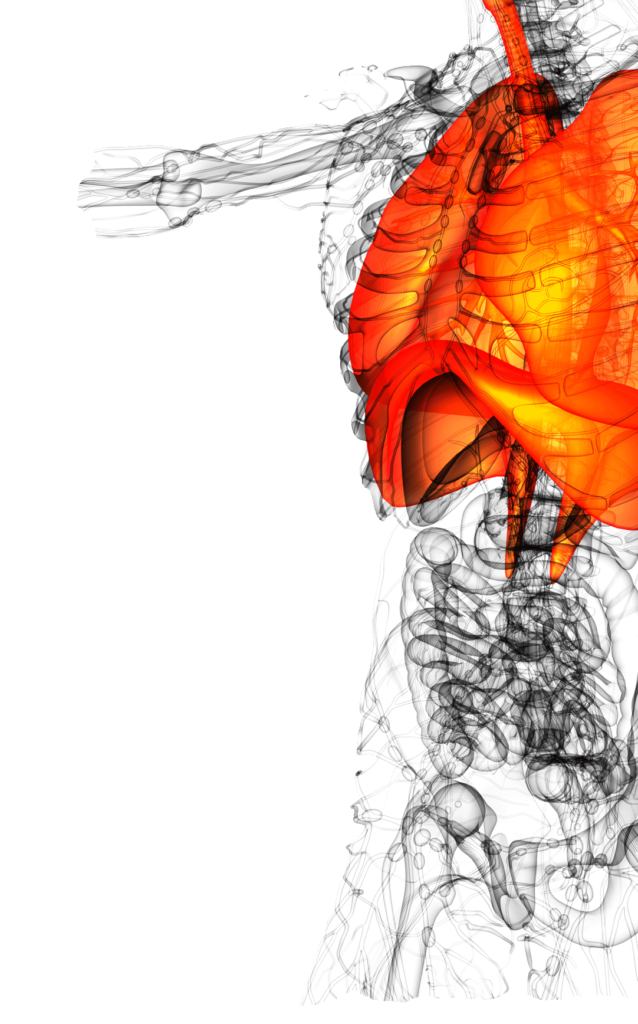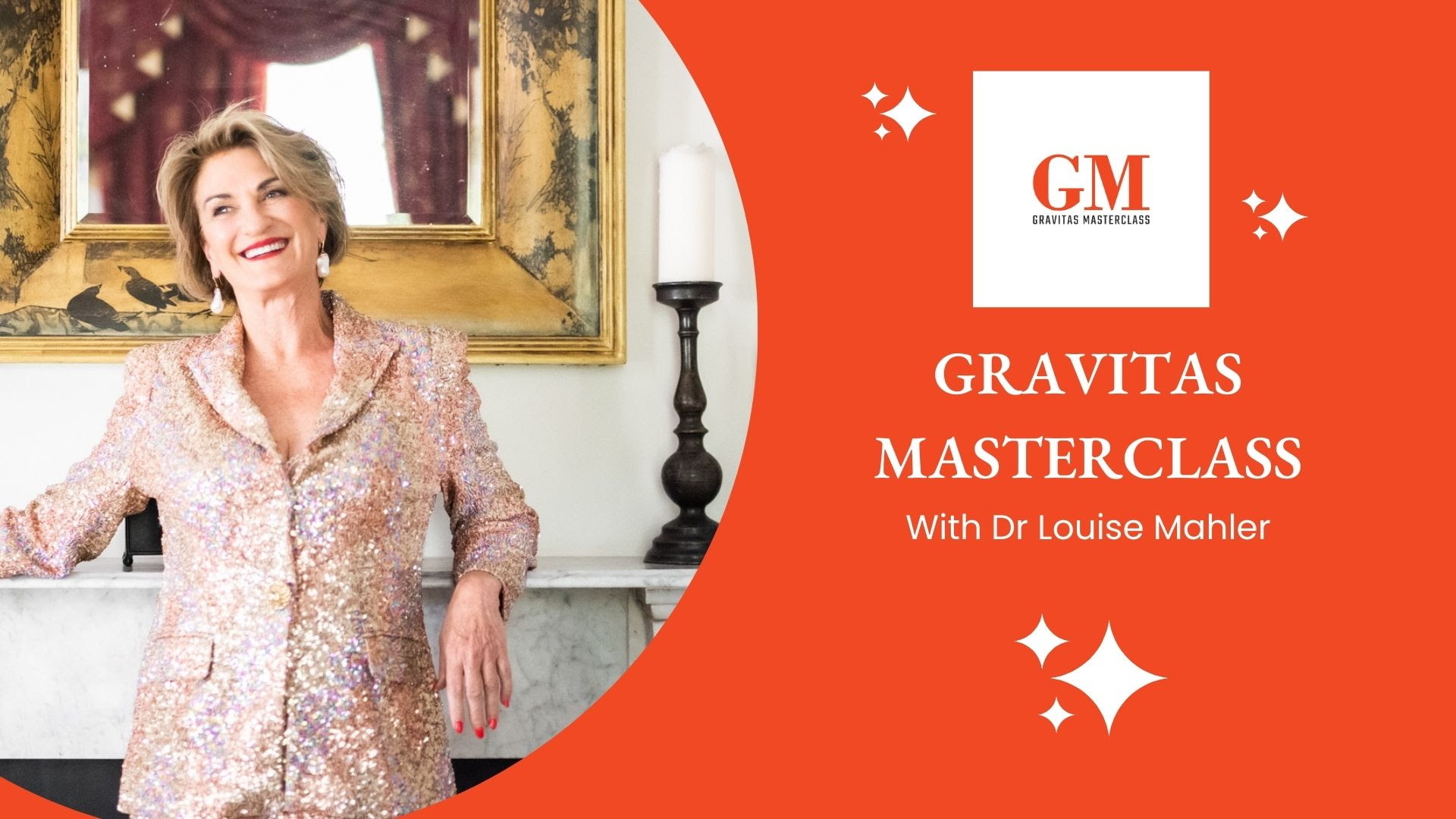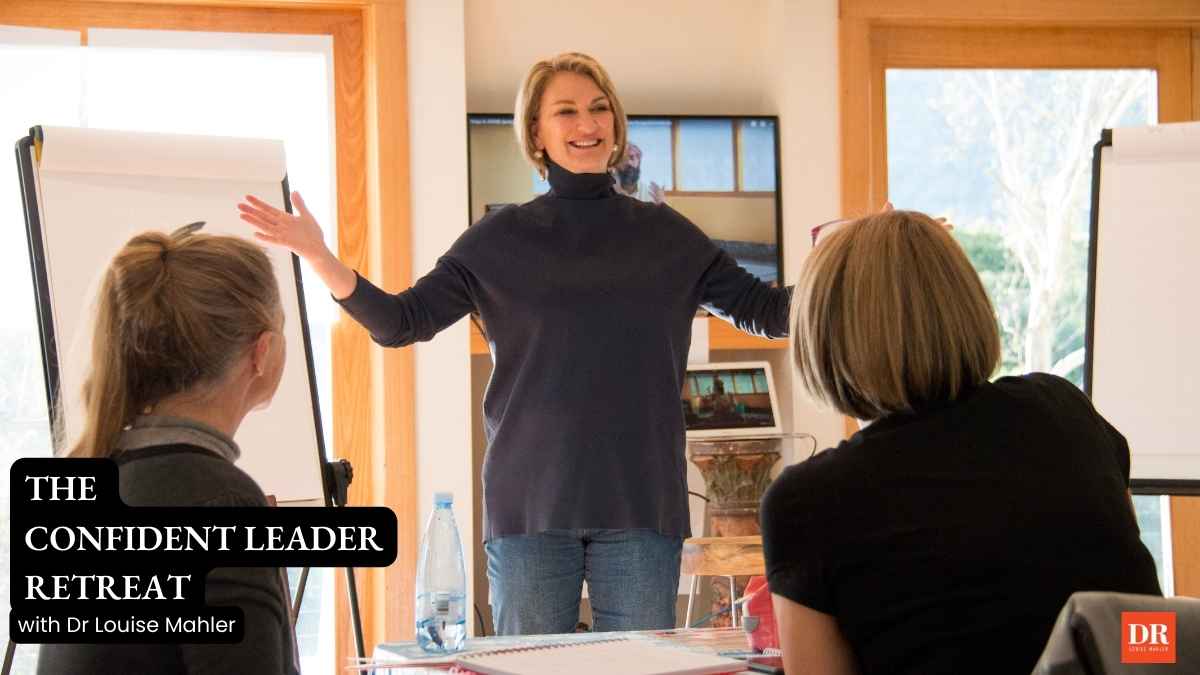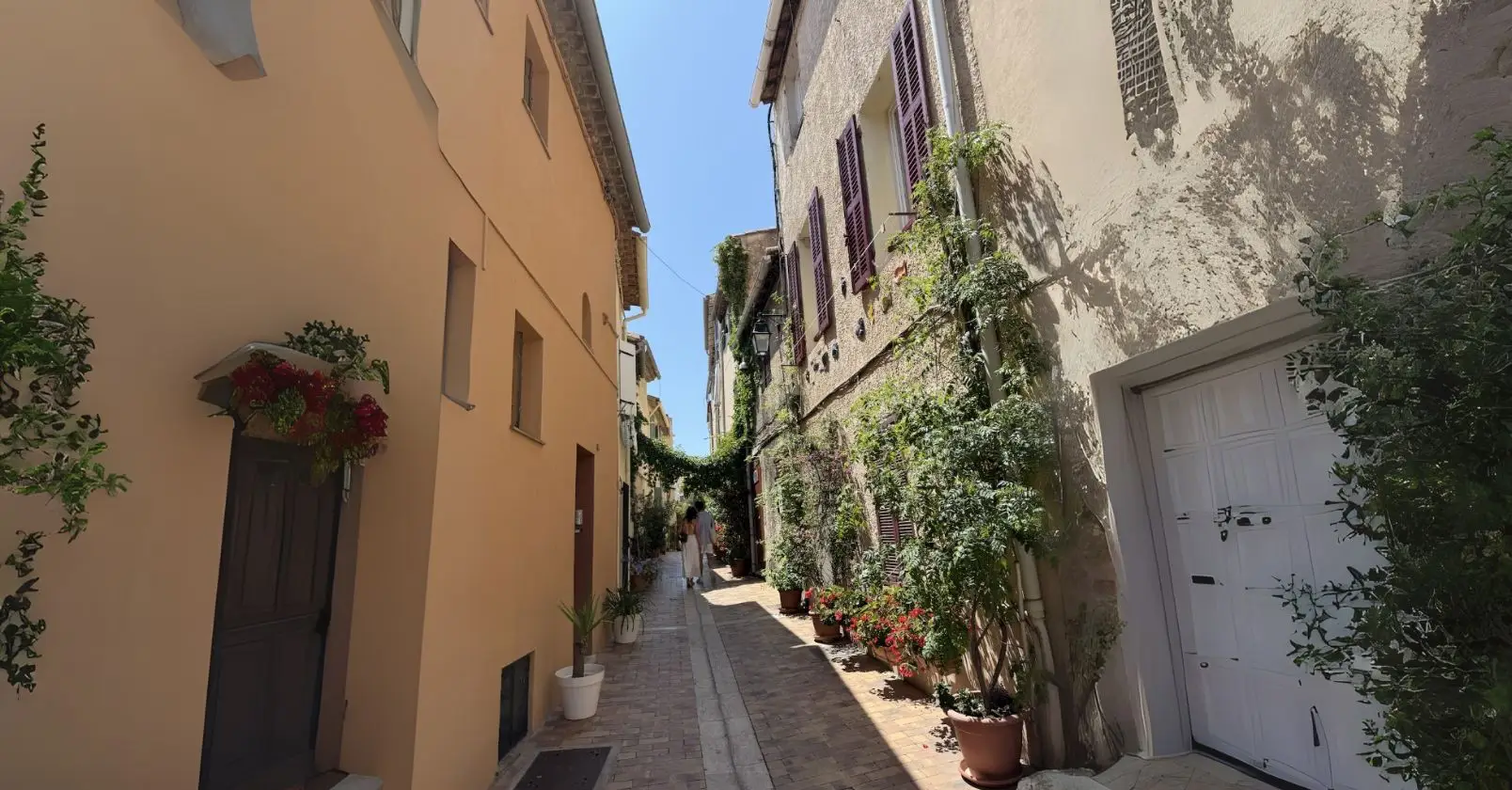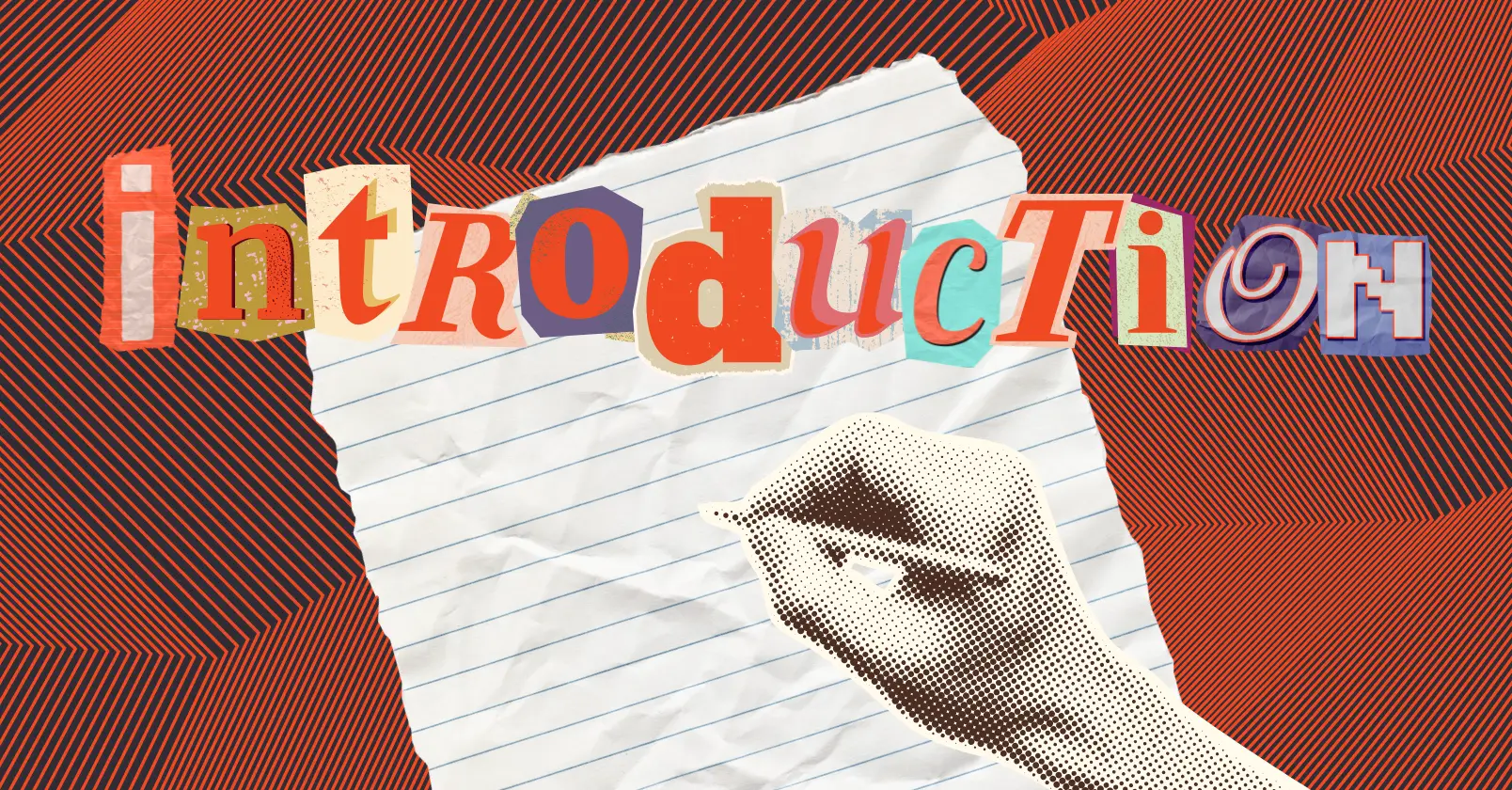As a girl at school presenting in the school hall I was told to stand still and stare at the clock at the back of the room. Later suggestions were made to get over nerves by putting myself in a glass box or perhaps to imagine the audience in the nude.
Seriously, where were these ideas taking us!
This is from an age of disassociation, an age where ‘survival’ is the only goal and dissociation is an art form. This was not communication.
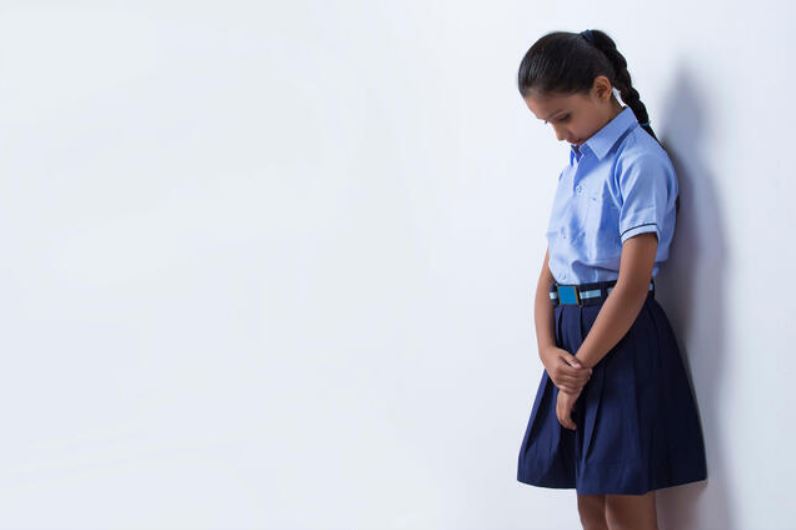
Body Intelligence
At home I have a beautiful crystal bowl and when you run your finger around the edge it will make a sound and continuing to move the finger will magnify that sound and make it ring magnificently. This is what I believe is aimed for by body work, whereas most have the hand flat on the bowl, which in turn, blocks the resonation.
Body intelligence is a field that seems to be enthused by finding the true resonance of the body.
It was in Vienna that I first learned of the connection between body and voice through Professor Müller-Preis’ working with singers and actors at the Vienna State Opera, the Burgtheater, the Hochschule fűr Musik und Darstellende Kunst and Salzburg Festivals from the early ‘50s. Having studied medicine, worked with Feldenkrais and Alexander (the actual people, not the ‘school of’) and competed (and won medals) in five Olympic Games (fencing), she formed a theory that voice training should always be preceded by integrated body training to allow the body to breathe, for indeed, ‘if you let the body breathe, then you let the body sing’. She became my mentor for twelve years until her death.
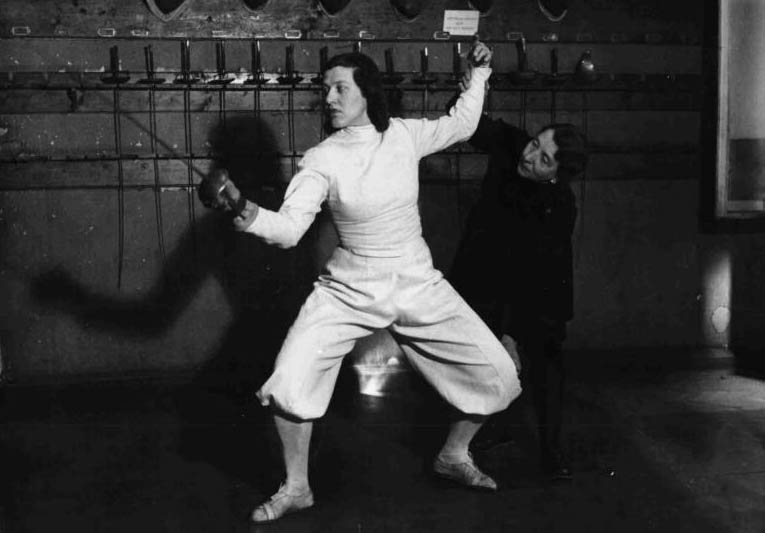
Professor Ellen Mueller-Preis
From the Austrian Picture Archives
As part of our Vienna contract, we had no choice but to make ourselves available for those body lessons, for six hours a week and, through that work I learnt something critical for the large stage in Vienna, but for my life as a whole.
In retrospect I recognise this was a world brimming with the legacy of Ancient Rome and possibly the closest one to come to being in an ancient world of oratory as is possible to experience.
Lessac (1997a) offers a focus on kinaesthetic awareness in particular and introduces the term ‘body intelligence’ to the literature. Mostly recognised in the acting profession, Lessac trained as a singer in America before developing an interest in the human body in general in search for ‘something organically American rather than derived or adapted from the late nineteenth- and early twentieth century British Acting Schools’ (Raphael 1997, p. 209). Lessac’s work is based on the proposition that the speaker must ‘eliminate all anaesthetic, deadening habits in his or her communicative behaviour and replace them with an ongoing state of habitual awareness’ (Raphael 1997, p. 209). ‘Voice and speech training is body training and body training is language/communication training, as well as bio-neuro-psychic heightened sensitivity training’ writes Lessac (1997a, p. 19); we need to understand that the body develops an intelligence, which creates survival habits that save a person’s life, but can, at some point, steal the energy needed for life itself.
Advocating a complete switch to kinesthetic awareness he guides:
Do not think the sound first!
Avoid listening in order to judge your vocal sounds;
Turn off the outer ear and turn on the inner ‘feel’
This was a concept coined by John Paul Moses as Creative Listening, where we listen to the body and its resonance from the inside out.
Body work in voice builds on much earlier work, including that of Matthias Alexander (1869-1955), an actor suffering constant vocal loss, which he traced to body misalignment. He developed techniques of postural alignment which have become synonymous with postural excellence as a basis for good health. For our study, it is interesting to note the consistency of the story that while this work is now beginning to infiltrate classical singing training in Australia, Alexander spent much of his 30 years – until his death in 1955 – attempting to have his work recognised. He was ‘up against it to convince the scientific world that the methods were sound; particularly as he has no scientific language but only the ways of the ordinary world’.
(Barlow 1973, p. 9)
Many other body intelligence techniques today, including the work of Moshe Feldenkrais (1904-1984). While it is believed that many students already have a highly developed sense of kinaesthetic awareness, many others may not. ‘The Feldenkrais Method uses the body’s neurological language to break down those subtle barriers, resulting in an almost magical adjustment that truly frees the voice’.
(Nelson & Blades-Zeller 2002, p. 1)
Feldenkrais’ work contains five key ideas:
- life as a process
- effective movement involving the whole self as necessary for effective movement
- learning as a key activity of humans
- the necessity of choice
- the logic of human development
(Dunbar-Wells 2003, p. 34)
I trained in Feldenkrais exercises in Vienna and continued to work in Australia under the guidance of Müller-Preis (1913 – ), whose particular slant on the exercises remain unpublished.
Lessac 1997a, p. 19
John Paul Moses
“As the great Peter Drucker once said “The most important part of communication is understanding what is not said”.
Was this work on Body Intelligence that is so meaningful and useful in my study, what was understood at the time of the Ancients and what has become of that work today?
I’d love to help you bring Gravitas into your leadership communication, don’t miss out on the Gravitas Masterclass and Confident Leader Retreat coming up!
JOIN ME AT THE GRAVITAS 1 DAY MASTERCLASS
MELBOURNE 8th SEPTEMBER 2023
Have the presence for presentations, media, meetings and difficult
situations. Feel and be more confident, open and authentic, knowing the
hidden secrets to your body and voice.
Limited spots, book your table today!
JOIN ME AT THE CONFIDENT LEADER RETREAT!
31st AUGUST – 2nd SEPTEMBER 2023
This retreat provides an outstanding executive development opportunity
tailored for an intimate group who wishes to experience transformational
growth. Numbers are strictly limited to allow for individual attention.
Book your spot today!
